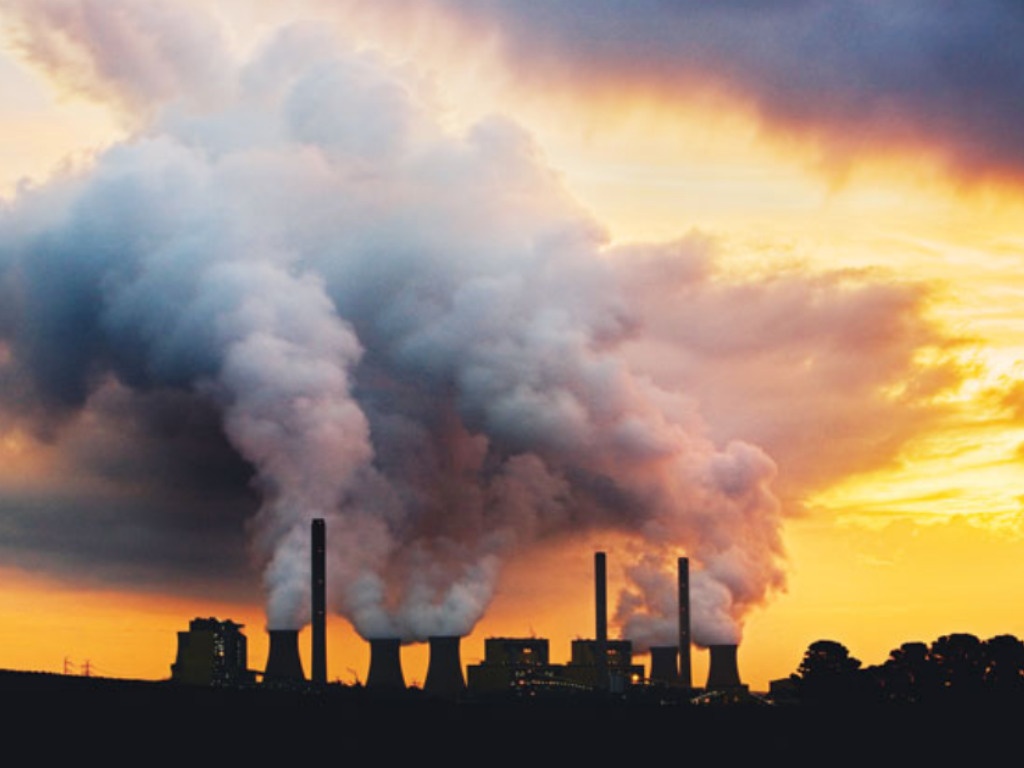Clean energy technology such as wind turbines, solar panels, and electric vehicles are progressing at such a rapid pace that worldwide fossil fuel use is predicted to peak in the mid-2020s
A healthy liveliness Wind generators, solar panels, and electric vehicles are all advancing at such a rapid pace that the world’s usage of fossil fuels is expected to peak in the mid-2020s, then begin to decline, according to the world’s largest energy firm. But there’s a catch: the move away from coal, oil, and pure gasoline isn’t happening fast enough to avoid dangerous levels of global warming, according to the business, unless governments take much stronger action to reduce their planet-warming carbon dioxide emissions over the next few years.
The International Energy Agency’s annual World Energy Outlook, a 386-page report that forecasts global vitality trends to 2050, is released just weeks before world leaders gather in Glasgow, Scotland, for a major United Nations climate summit to discuss how to speed up the transition away from fossil fuels and avoid global warming. In an interview, Fatih Birol, the company’s govt director, stated, “The world has made a great amount of progress on renewable energy over the last decade.” “However, there is still a lot more that has to be done.”
According to the latest research, the world has achieved significant progress in the fight against local climate change. In most markets, wind and solar energy are the most cost-effective sources of new electrical energy, and their popularity is growing rapidly. Last year, electric vehicle sales broke records all across the world. Approvals for brand new coal-fired electricity plants, which are a major source of emissions, have slowed drastically in recent years as governments and banks increasingly refuse to finance them.
Governments are also tightening their insurance policies in order to reduce emissions. The European Union has been increasing the value it assigns to major polluters’ carbon dioxide emissions. India has increased the efficiency standards for newly new air conditioners. China has hinted that it may stop funding new coal plants in other countries.





























